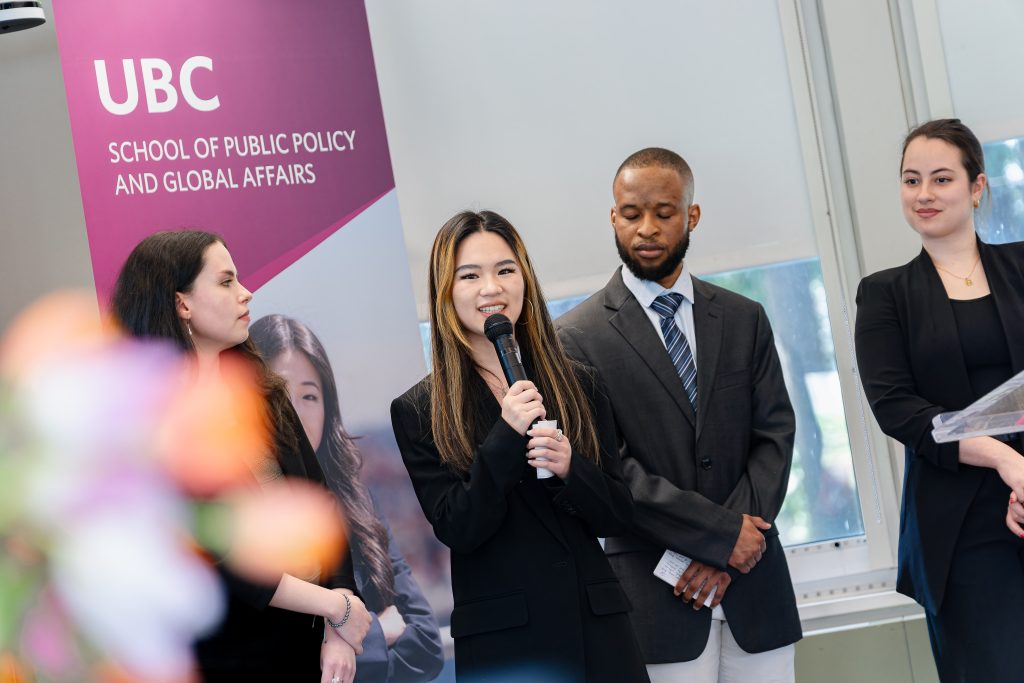

Every year through the capstone Global Policy Project (GP²), groups of MPPGA students address real-world policy challenges with clients from around the globe. During the two day spring symposium, students give presentations that outline their findings and recommendations following months of intensive research, field work and analysis.
This year there were 14 groups (4 in PPGA 590B and 10 in PPGA 590A) of 56 students doing fieldwork for 14 clients in 7 countries over 4 continents.
2025 GP² Projects
Day One: April 15, 2025
- Pathways to Legal Status in Canada – a Toolkit for Undocumented Tibetans analyses the challenges of Tibetan refugees, particularly from India, who have struggled to obtain legal status in Canada and proposes a “Toolkit” for key immigration decision-makers.
- Counting the Cost: A Framework for Measuring Systemic Racism tackles the quantification methods for racial inequity costs in Canada, exploring optimal frameworks in Canadian municipal governance structures.
- Navigating the Waters: A Howe Sound Case Study Respecting Squamish Nation’s Inherent Rights and Title Over Water Policy delves into the development of water policies as a means of reaffirming Sḵwx̱wú7mesh Úxwumixw (Squamish Nation) authority over the waters of their Traditional Territory.
- Youth Engagement on Sustainable Water Resource Management in Ecuador’s Central Highlands inspects the connection between youth and sustainable water resource management in Ecuador’s Central Highlands and strives to support climate adaptation efforts more broadly.
- A Gender-Focused Analysis of Water Management in Huaraz, Peru centres on gender-oriented climate strategies for water management and looks to support the OAS and Peruvian government in improving climate resilience and addressing the needs of vulnerable populations.
- Applying an Equity Lens to British Columbia Decarbonization Policies: Potential Impacts on Residential Sector Energy Access and Affordability offers a focus on enhanced energy accessibility in vulnerable B.C. populations by identifying existing equity gaps.
- Exploring Opportunities for Clean Heating Technologies in Mongolia provides an assessment of clean heating technologies in Mongolia with a focus on garnering buy-in for a shift away from coal energy.
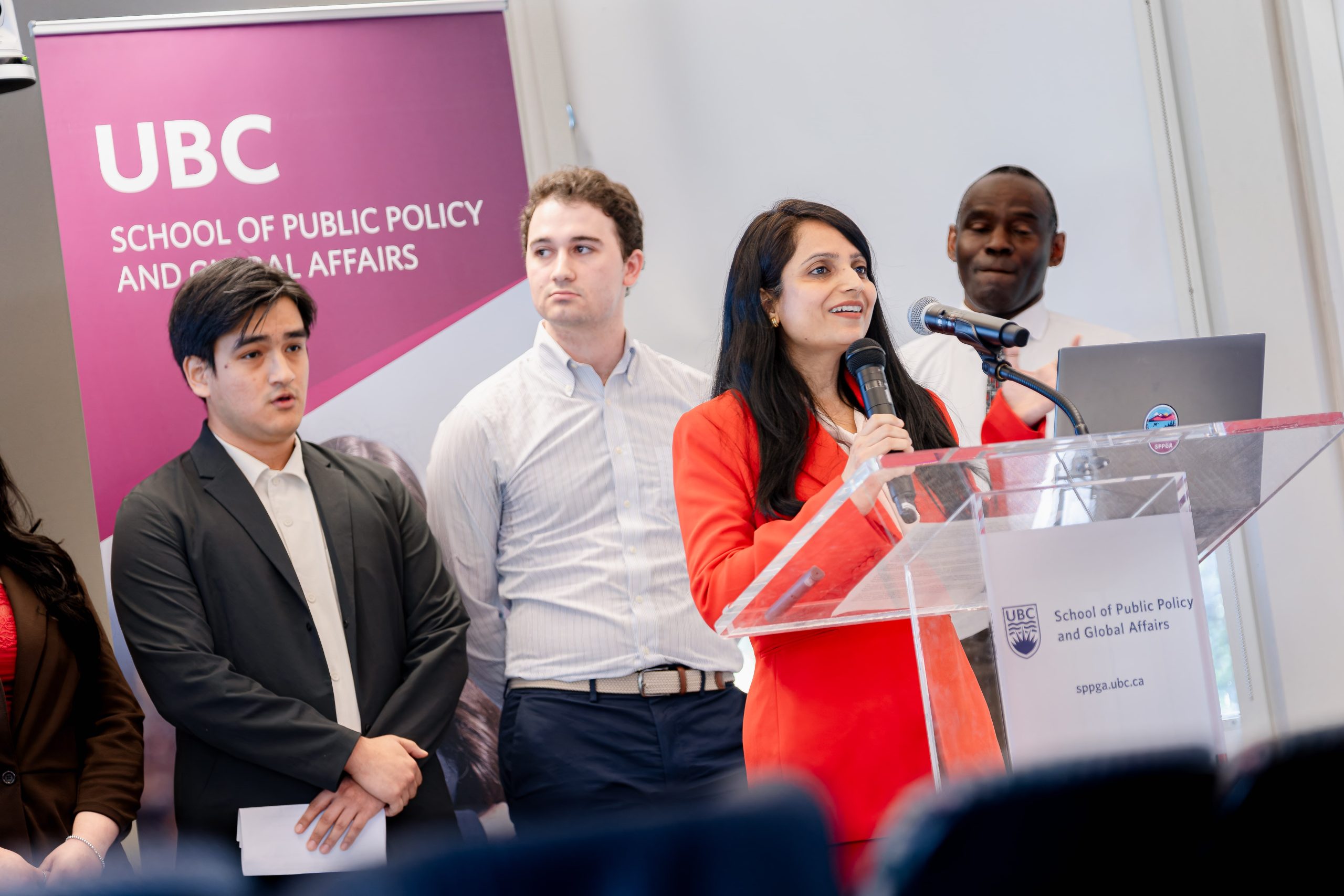
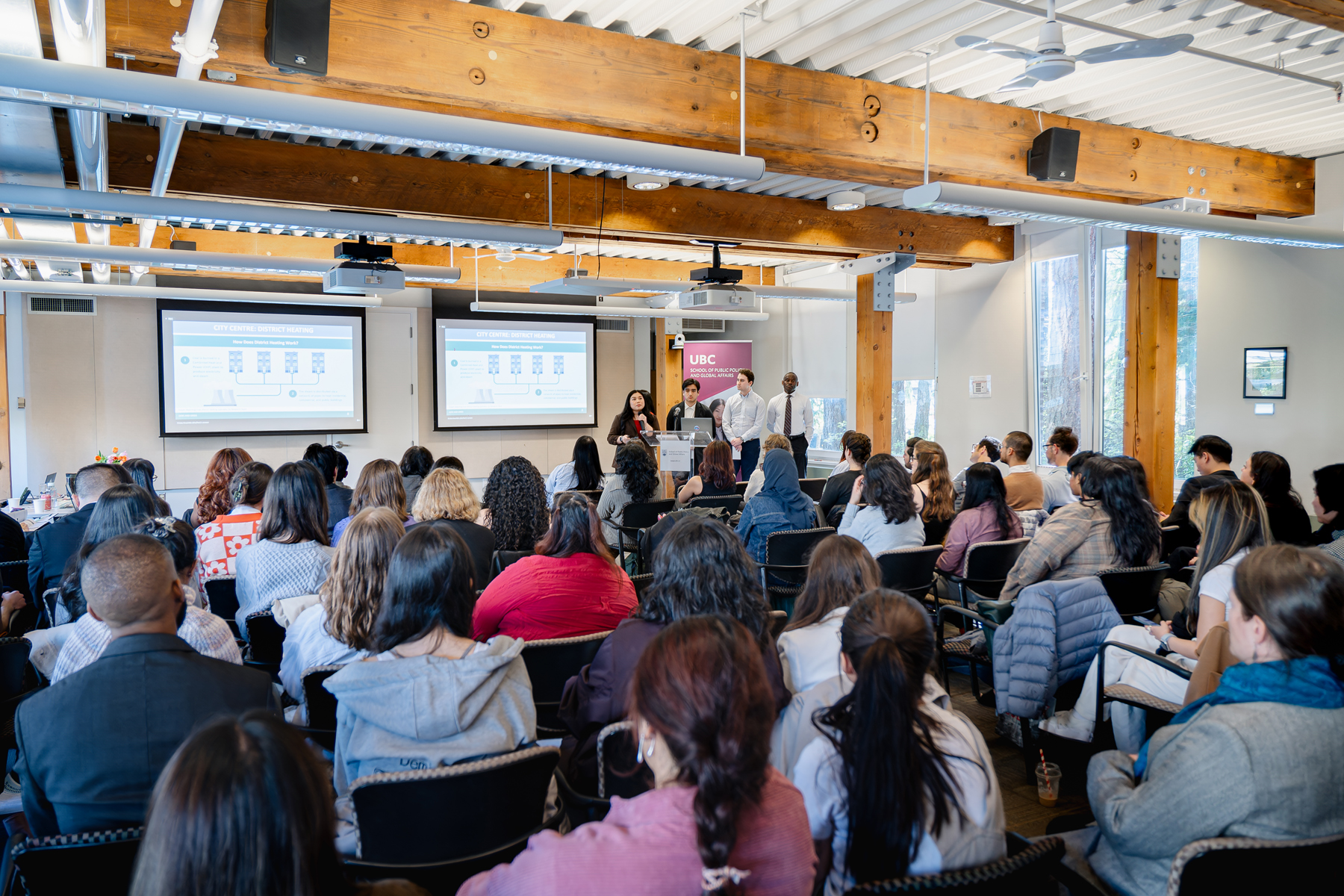
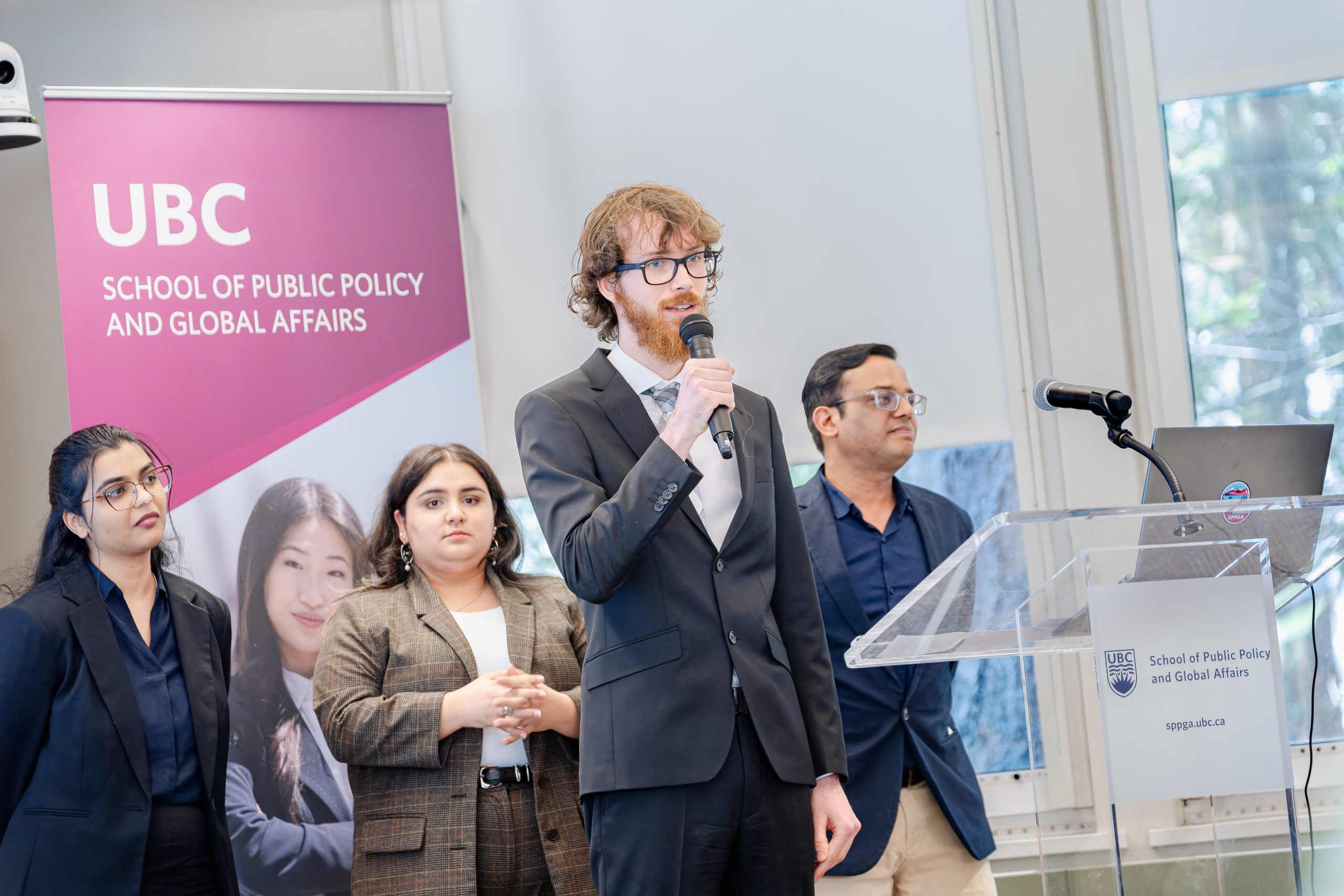
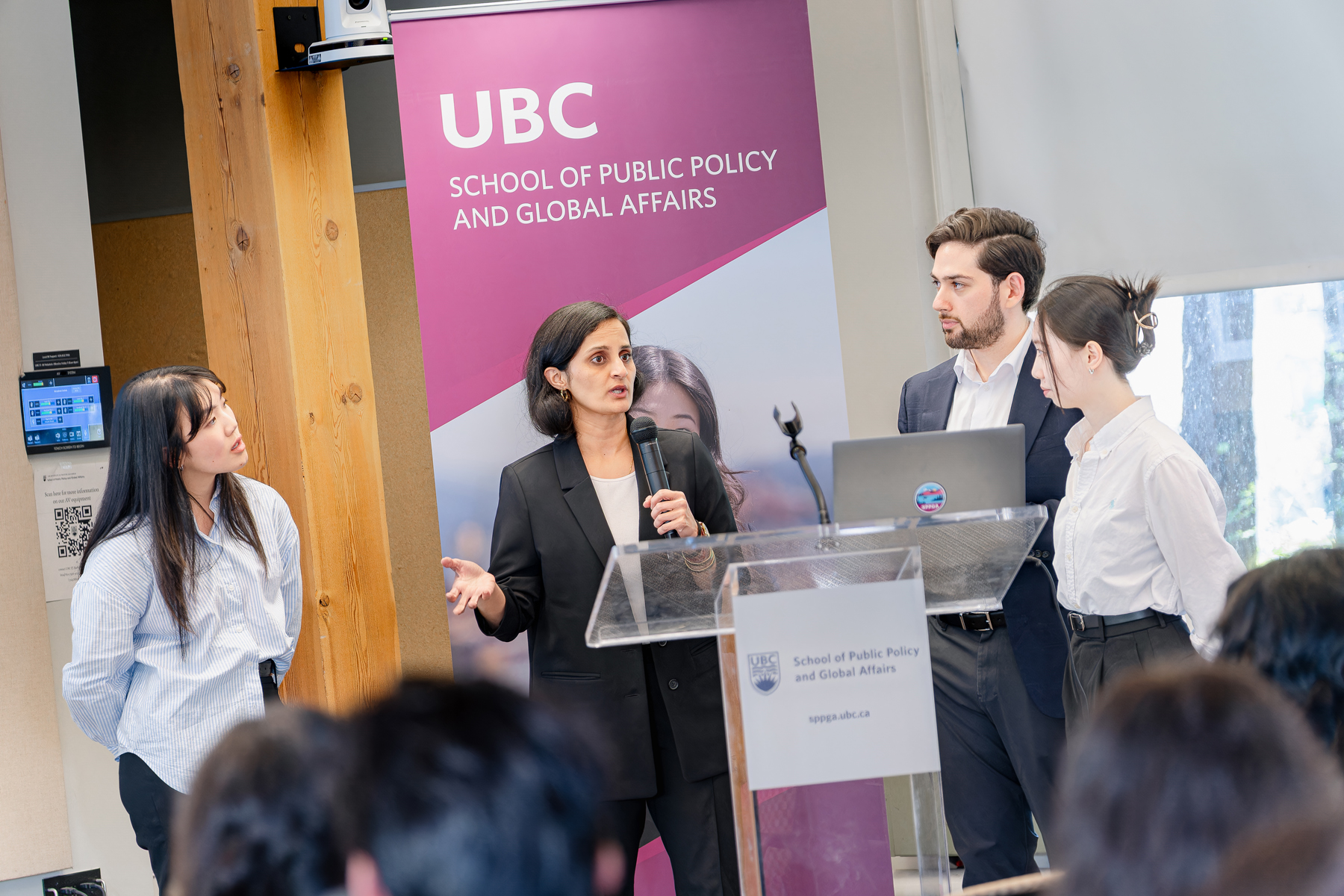
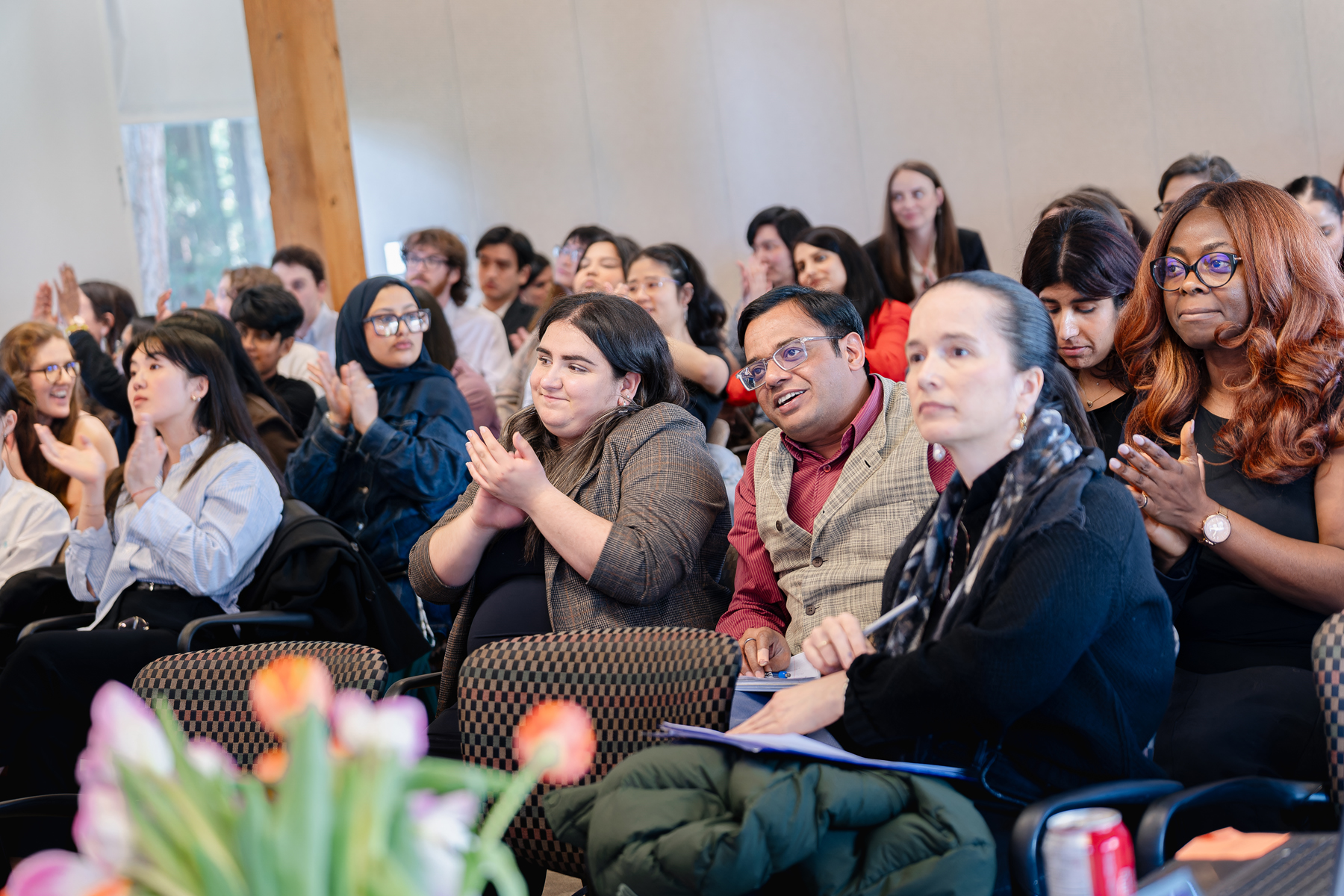
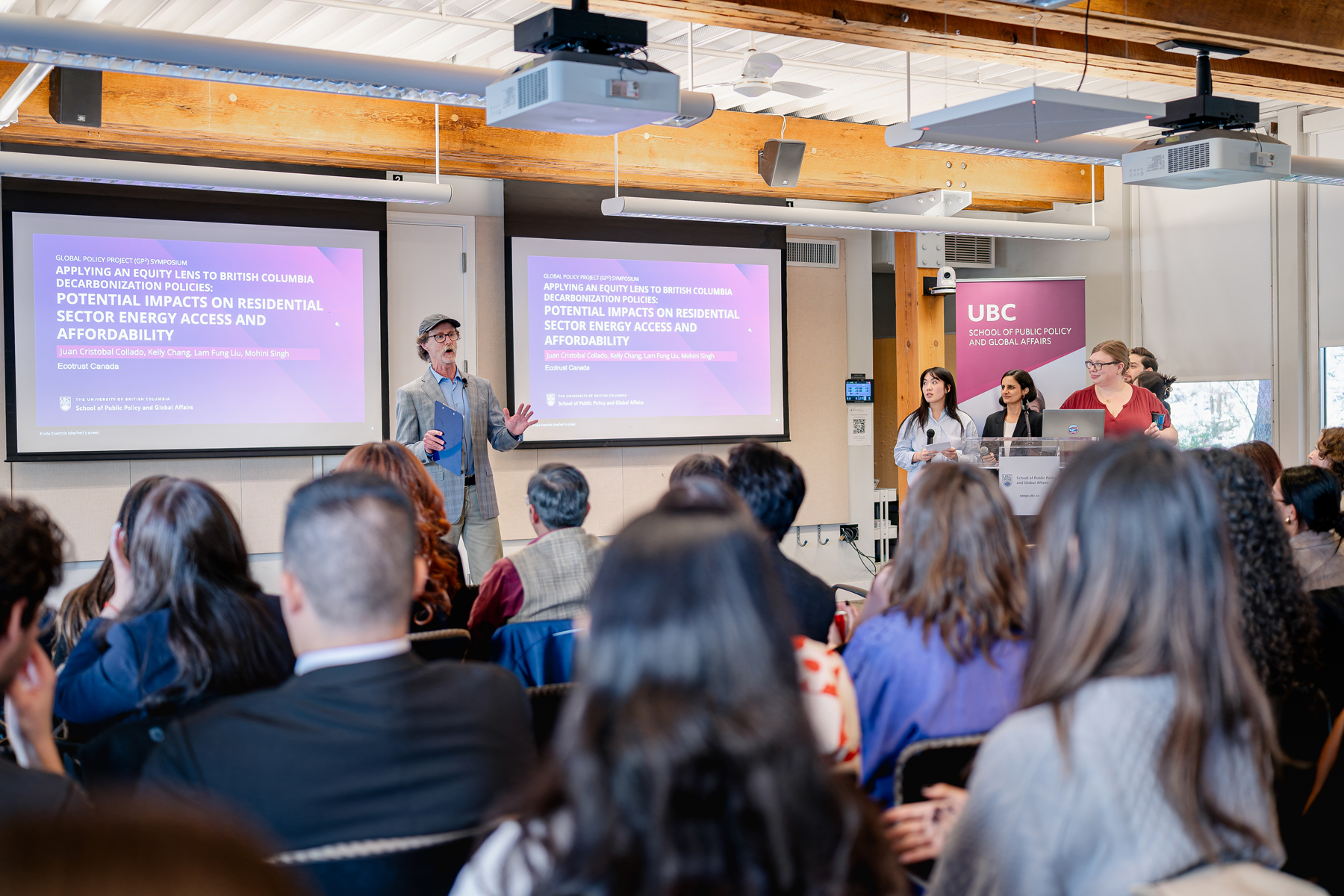
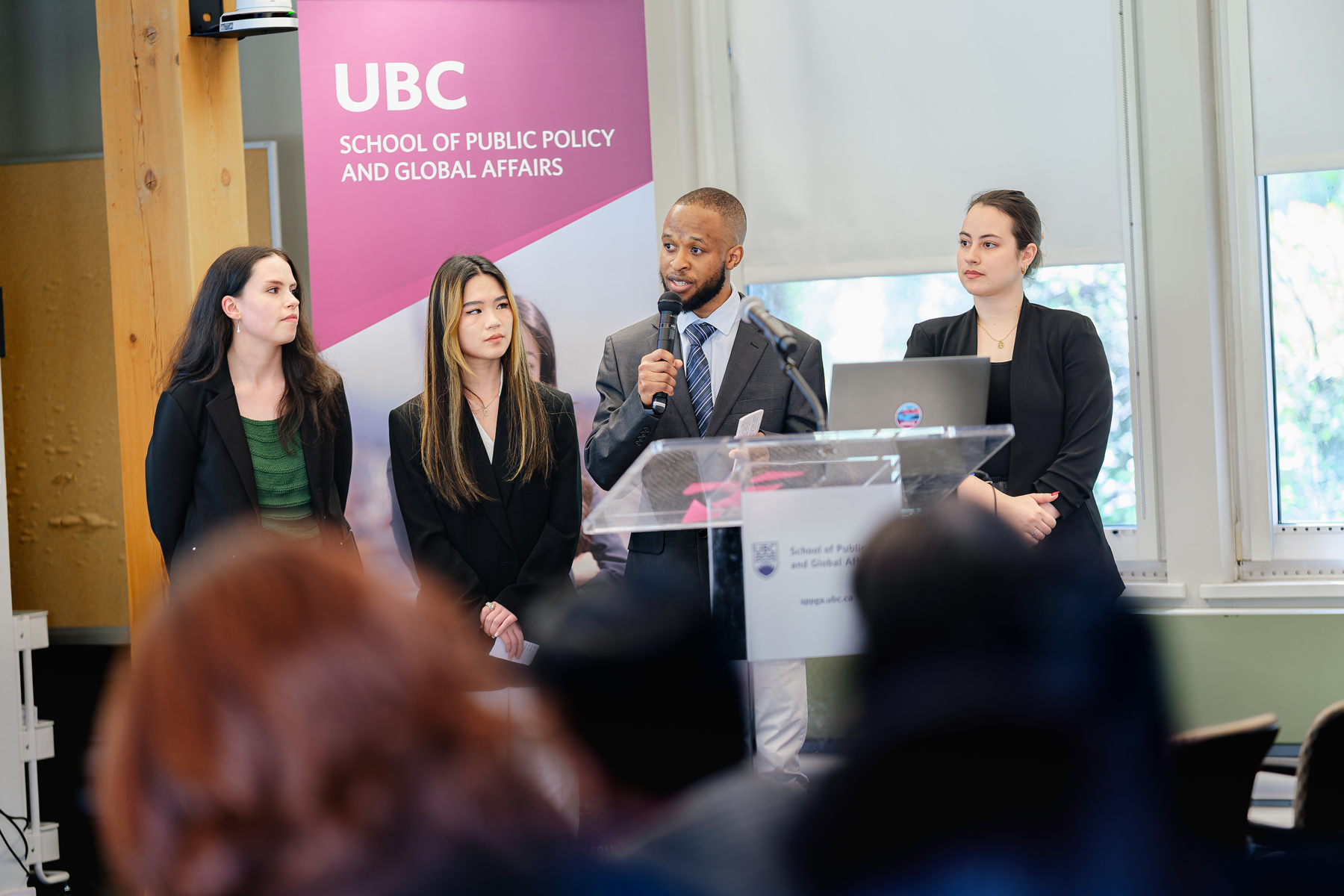
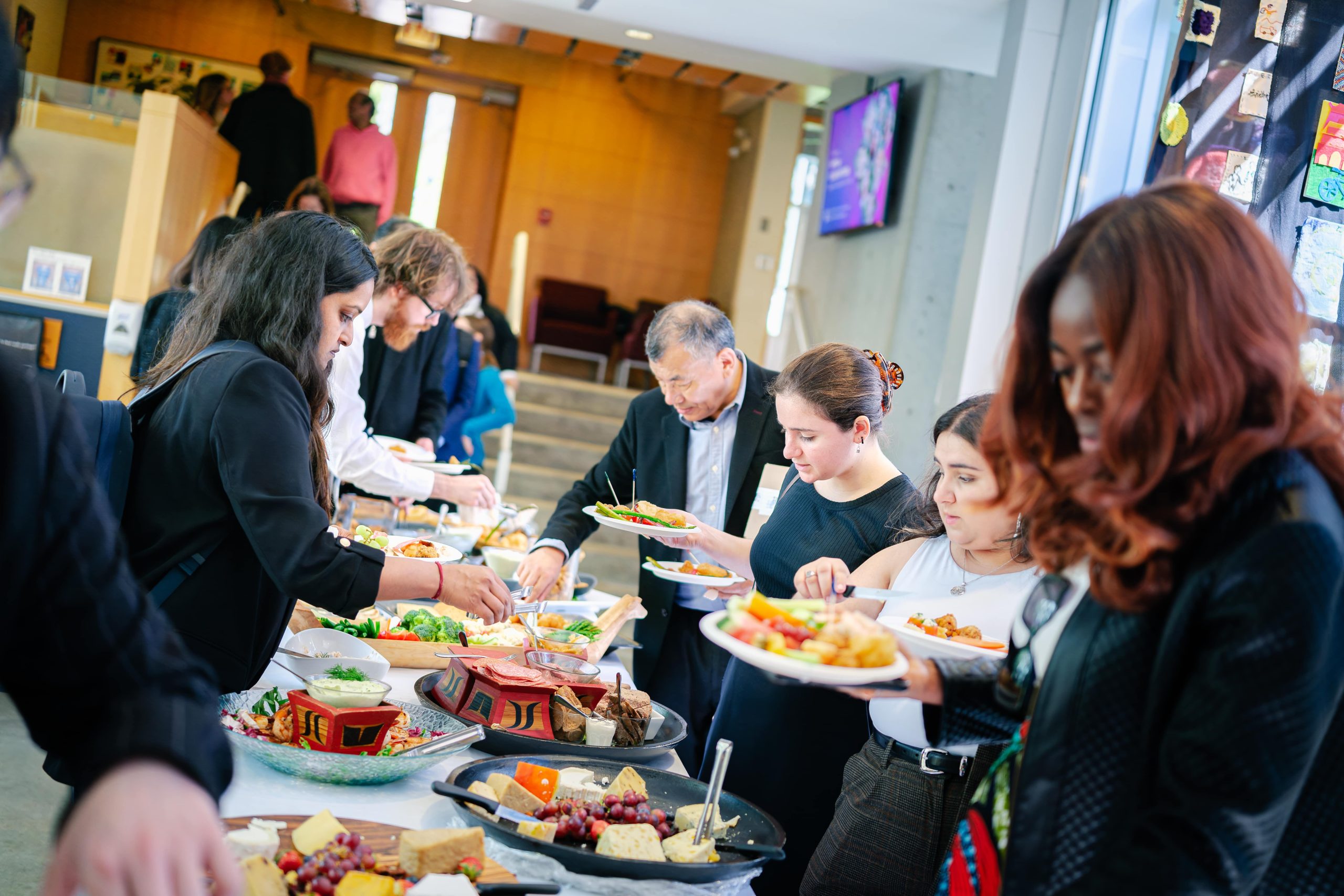
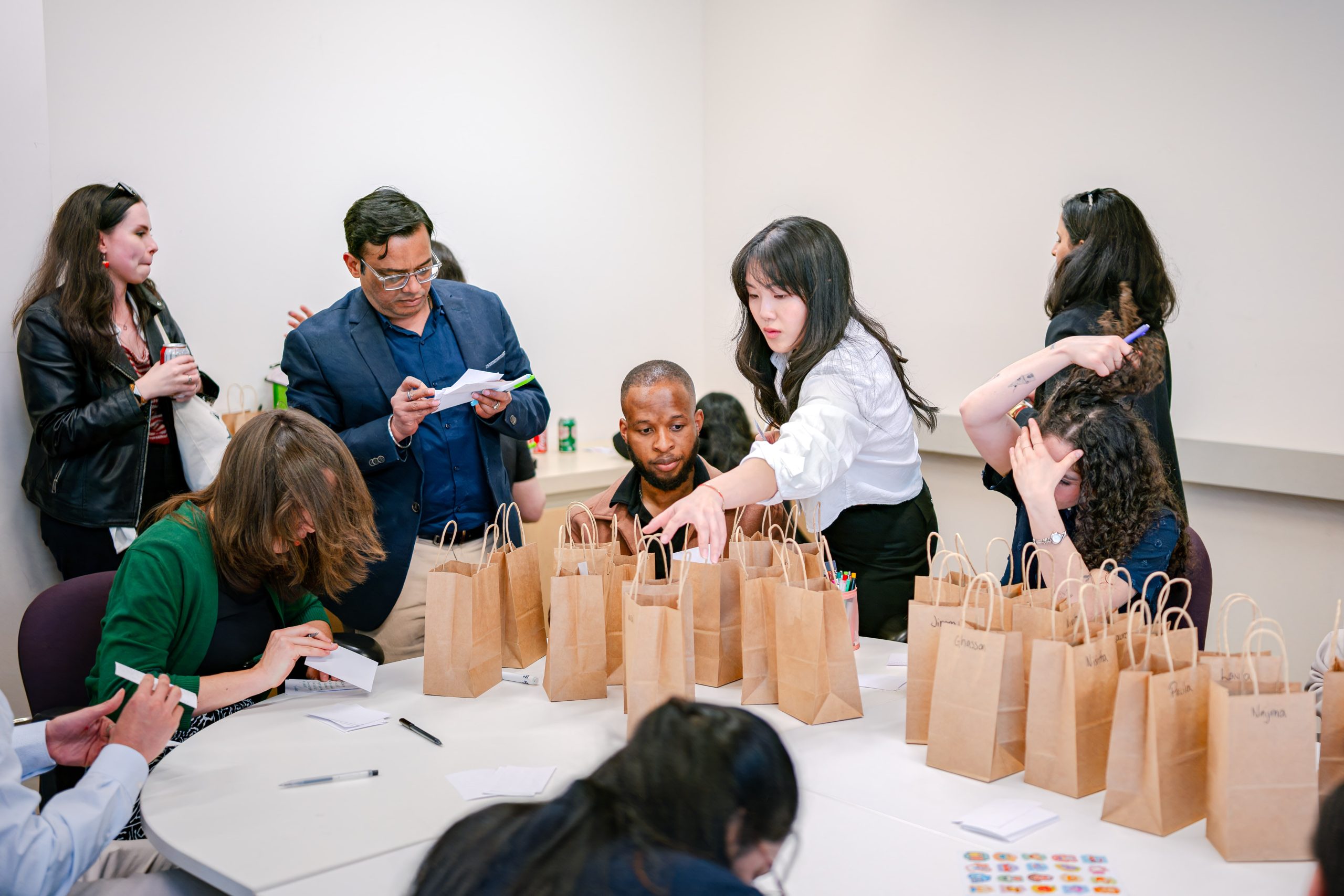
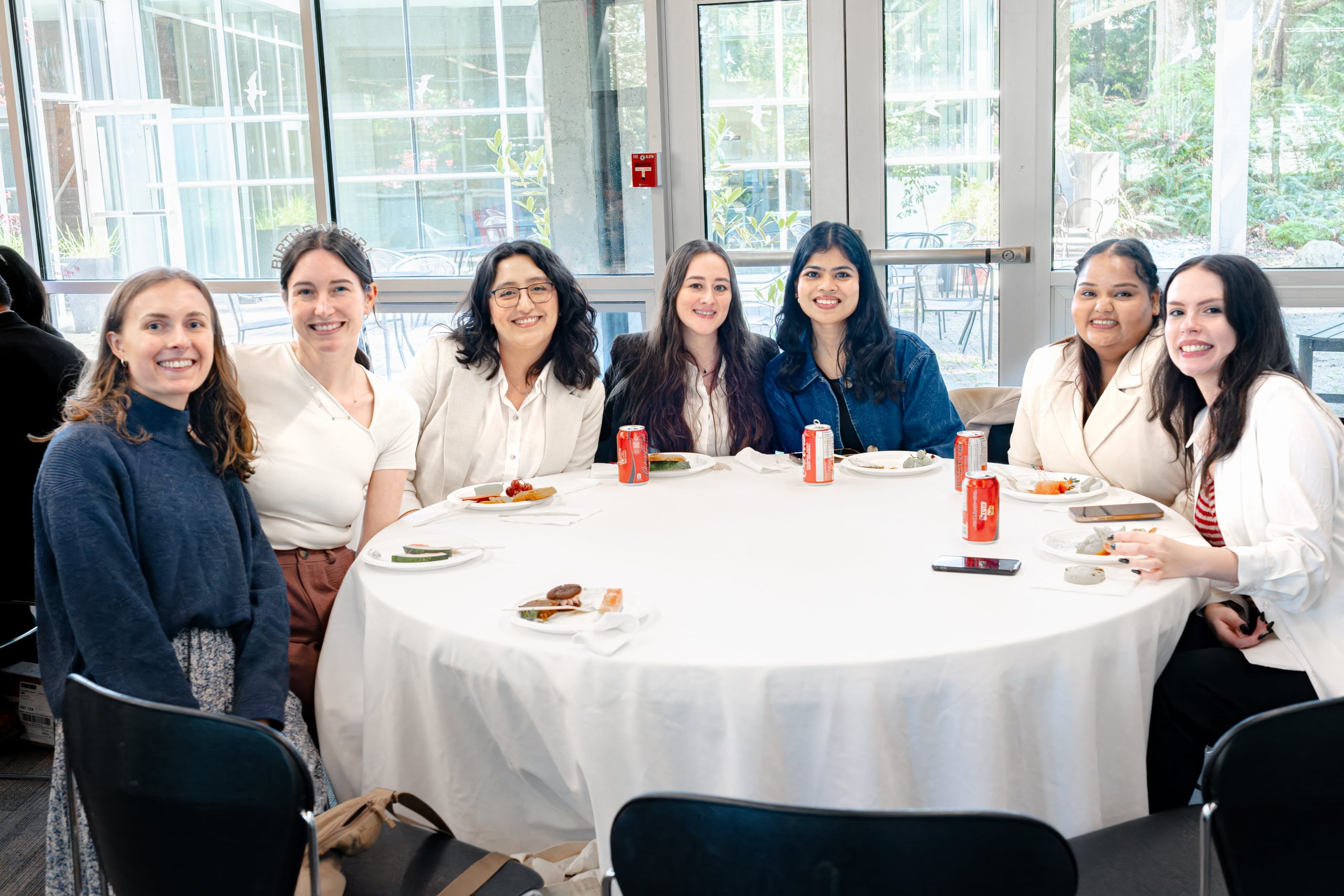
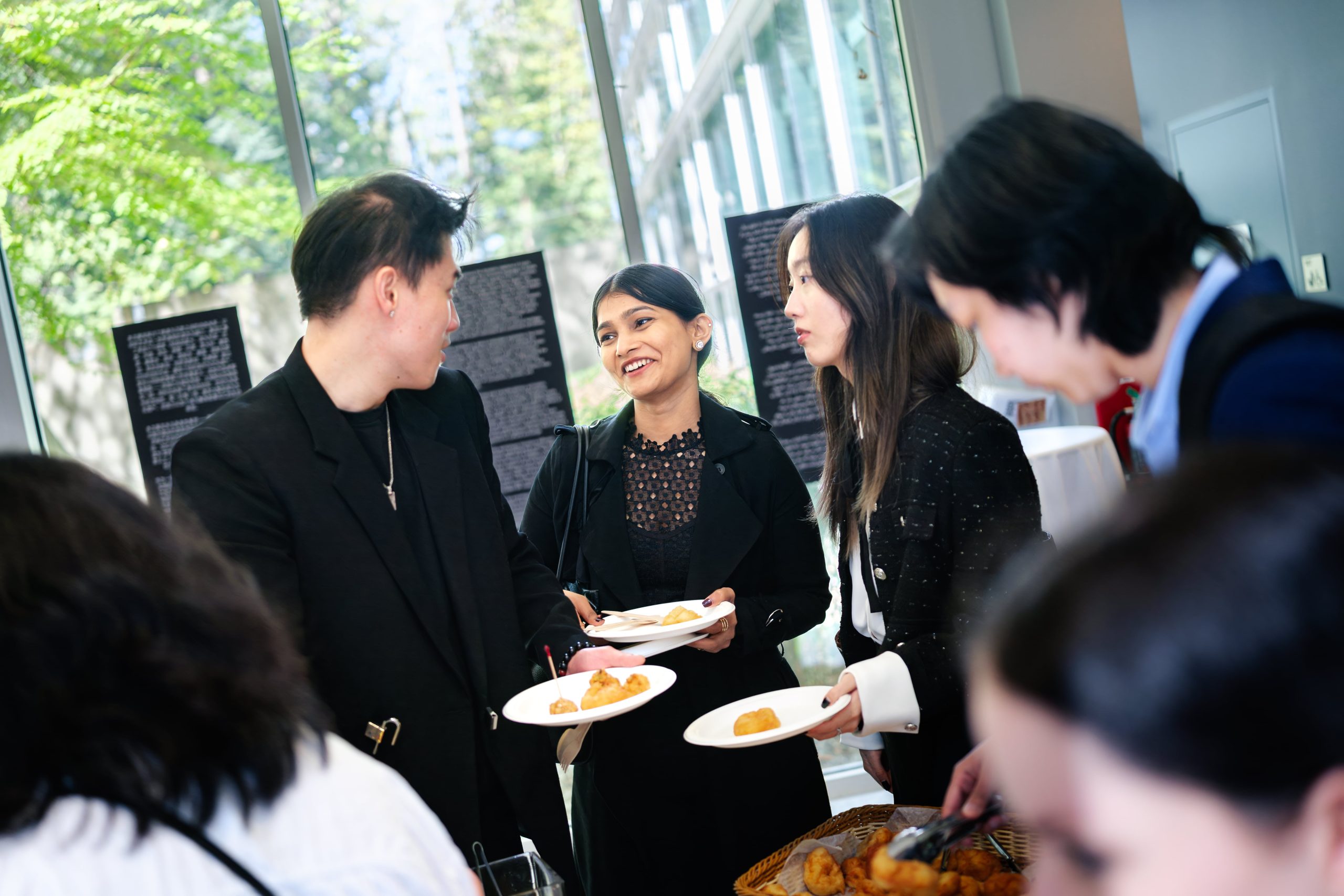
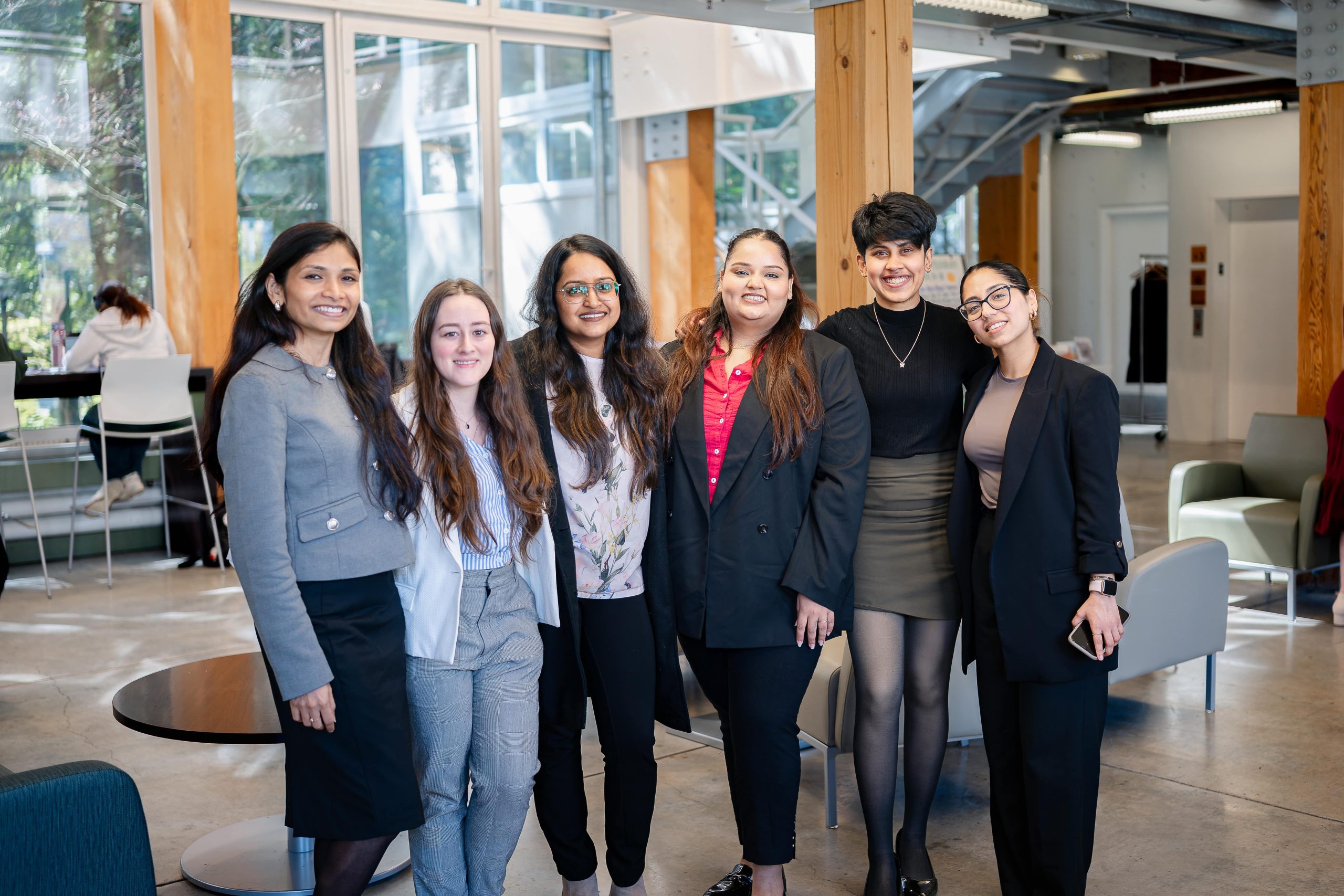
Day Two: April 16, 2025
- Evaluation of Refugee’s Resilience, Maternal Health and Rights in Kenya provides a nuanced look at the barriers faced by female refugees in Kenya when accessing maternal and reproductive healthcare, strategizing for improved healthcare services and community resilience.
- Promoting Sustainable Peace through Transitional Justice in Uganda examines internally displaced peoples in Uganda’s Acholi region, exploring policy implications of changing family structures and propagating the country’s National Transitional Justice Policy.
- Female Empowerment Through Land Ownership in Kenya’s Coffee Industry investigates gender inequality by advocating for increased female participation in Kenyan land title ownership within the coffee-growing industry.
- Paths to Participation: Analyzing Adolescent Participation Programs in the Dominican Republic inspects how institutions in the Dominican Republic promote adolescent participation, exploring factors that will achieve desired outcomes such as improved leadership skills.
- Strengthening Canada’s Implementation, Reporting, and Follow-Up for International Human Rights Commitments reviews possible improvements to Canada’s human rights reporting and follow-up systems to support transparency, collaboration, and accountability of the nation’s human rights commitments.
- Women, Peace, and Security: Understanding Female Participation in the Mongolian Defence Sector evaluates female participation in Mongolian armed forces, as well as the priorities of local actors involved in shaping peace and security policies.
Congratulations to the MPPGA Class of 2025 on their impactful projects!
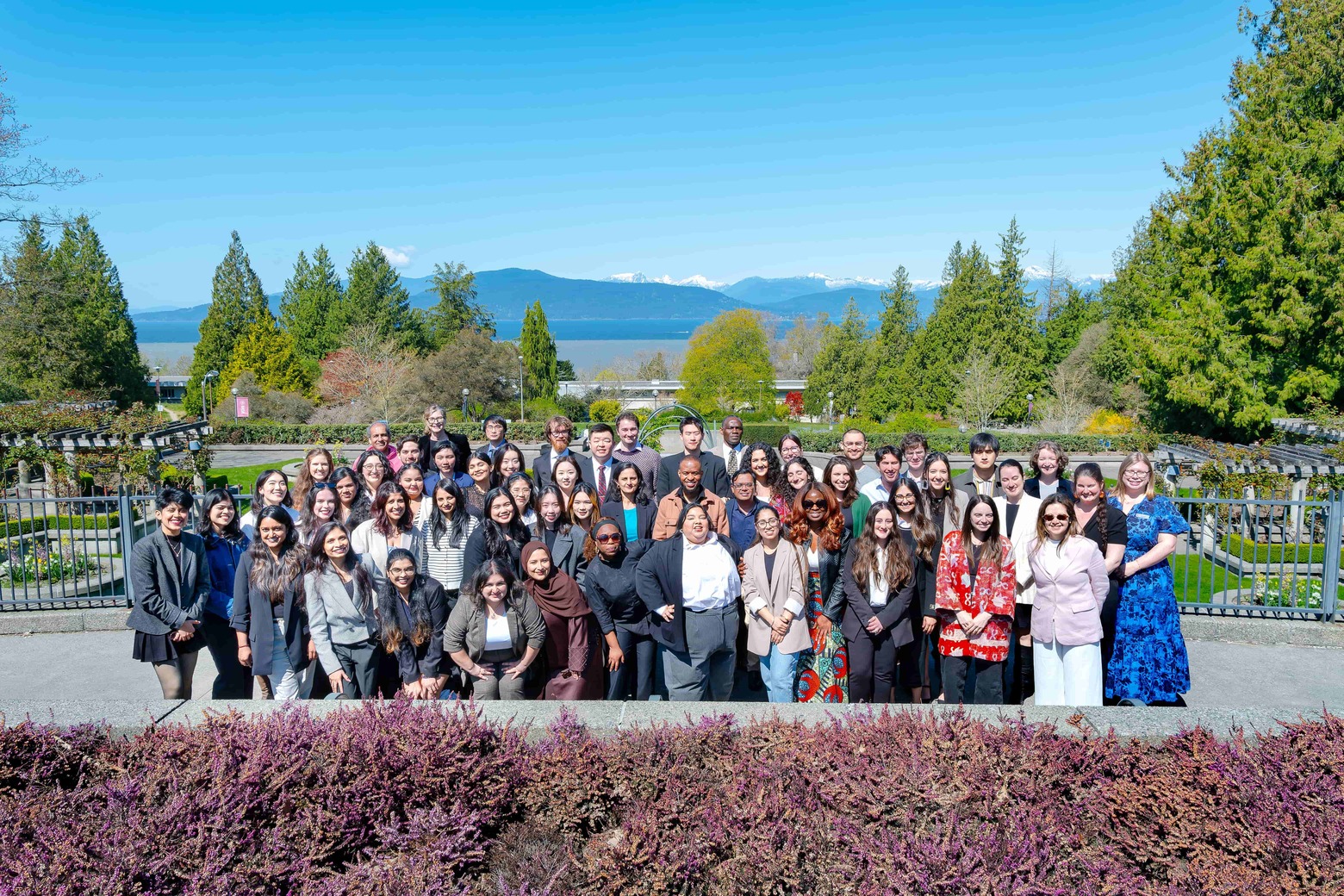

MPPGA Class of 2025


